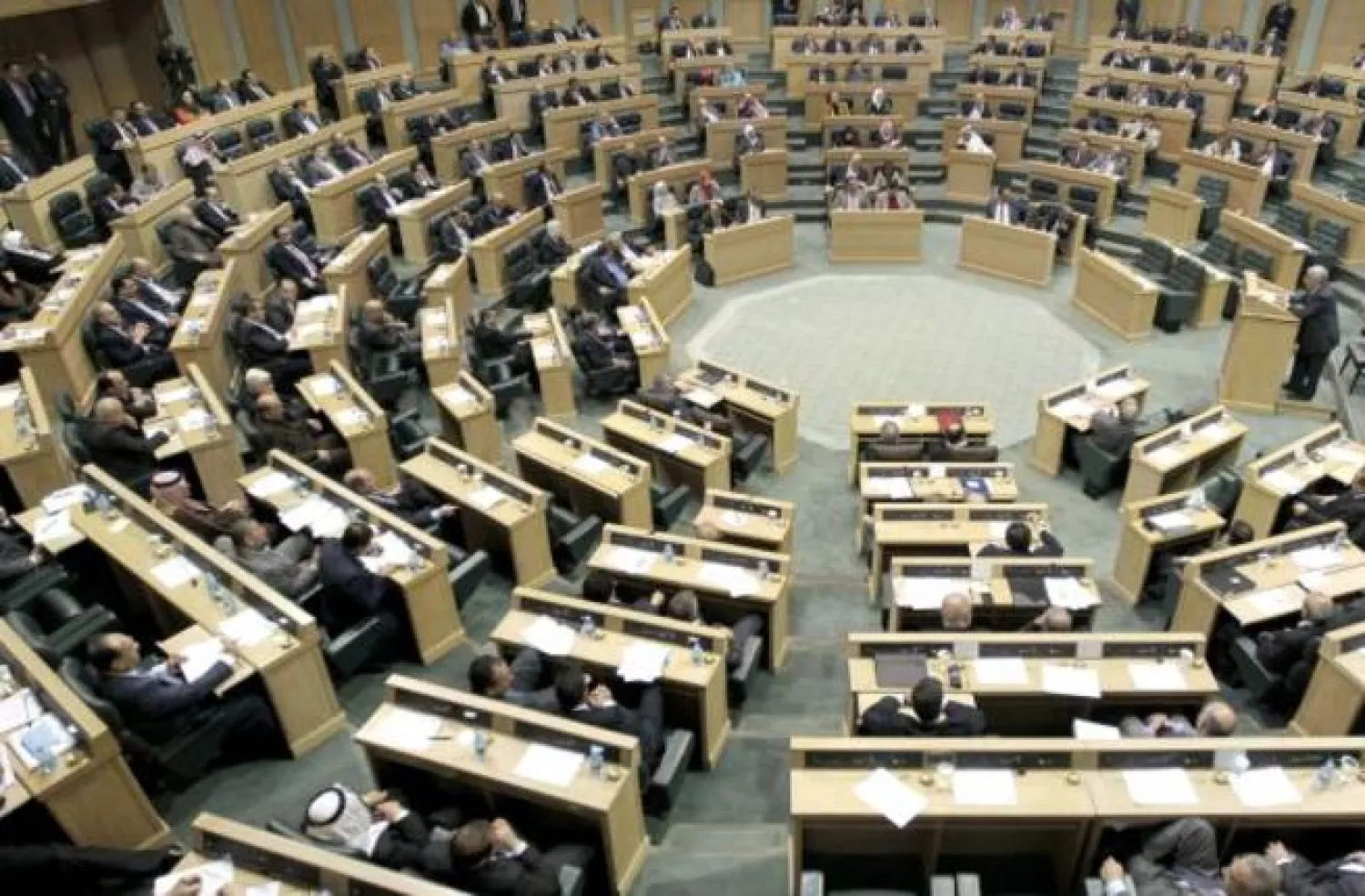The Jordanian government approved the final version of a draft law amending the Income Tax Law before sending it to the Lower House for endorsement. A Royal Decree was issued, adding the bill and three others to the list to be debated by the House in the second extraordinary session this summer, due to start on Wednesday.
The government said it has introduced 7 amendments to the law, "in accordance with the dialogues with the concerned unions, political parties and other institutions of civil society, chambers of industry, trade, agriculture, and all other sectors and provincial meetings.”
The discussions witnessed intense debates where several members withdrew from the session, and in some provinces, residents left the room while others were expelled.
Despite the criticism, the government discussed with all parties, but it had little room to maneuver the amendments, as it could not adjust further due to World Bank requirements and foreign pressures.
The most important amendments to the draft law included raising the threshold of taxable income for households by JD1,000 that should be covered by bills for health, education, loan interests, murabaha (an Islamic finance and investment instrument), and residential rent in 2020.
Subsequently, the tax exemptions for families in this year will amount to JD18,000 instead of JD17, 000, according to the draft law text announced by the Prime Ministry.
In the latest draft, income tax on banks was raised from 35 percent to 37 percent and the threshold of taxable income for retirees was lowered from JD3,500 per month to JD2,500 per month.
The income tax on manufacturing industries in developmental zones will start as of next year at 1 percent to rise to a maximum of 8 percent, instead of 20 percent in the older version.
For establishments based in free zones, they will be subject to 6 percent instead of 20 percent, according to the draft law.
President of the Jordan Dental Association, Ibrahim Tarawneh, stated that the government responded to some of the unions’ demands.
Tarawneh called on the parliament to further pressure for introducing amendments that benefit the poor and middle classes. He said he would invite heads of unions and associations to a meeting to discuss the government's final amendments to the law.
Meanwhile, Finance Minister Ezzeddine Kanakrieh admitted that the government is currently unable to approve the reduction of sales tax on a number of food items and the agricultural sector.
He told al-Ghad newspaper that the ministry had approved a financial reform program, however, reducing sales without a comprehensive study will affect revenues and thus increase the deficit and debt.
But Kanakrieh said the government would look at the sales tax in a comprehensive way. He added that the government will fully study each area’s percentage, wondering “if we reduced the 16 percent rate, and raised rates on free zones and development, and canceled exemptions….will that help or not?”
As for the relationship with the International Monetary Fund, the minister explained the Fund still has to conduct three reviews of the current reform program, which ends after the first half of 2019, indicating the second revision will be after the adoption of the tax law.
Kanakrieh did not rule out the possibility of signing new financial reform programs with the IMF, as needed, to reduce the problem of public debt in the country.
As for the economic growth forecast for this year, the government official said this year's growth rate is expected to be 1.9 percent, which is lower than the budget estimate where the government was targeting a 2.1 percent growth.
Kanakrieh predicted that the total revenues for the current year would be 100 to 150 million Jordanian dinars less than the estimate. He explained that the government's move to cut expenses by JD151 million will help maintain the budget deficit in face of reduced revenues.









